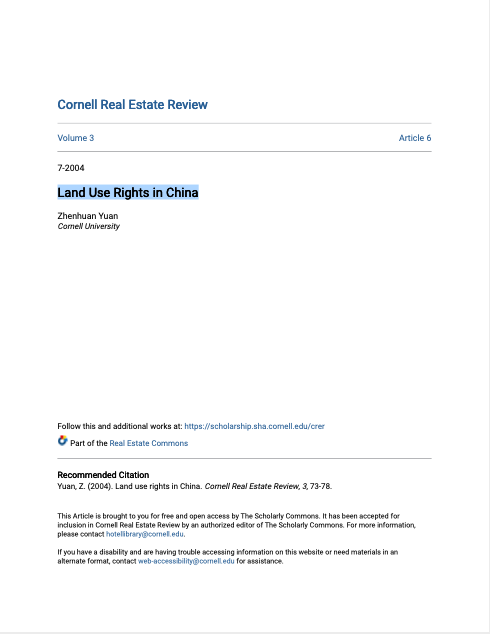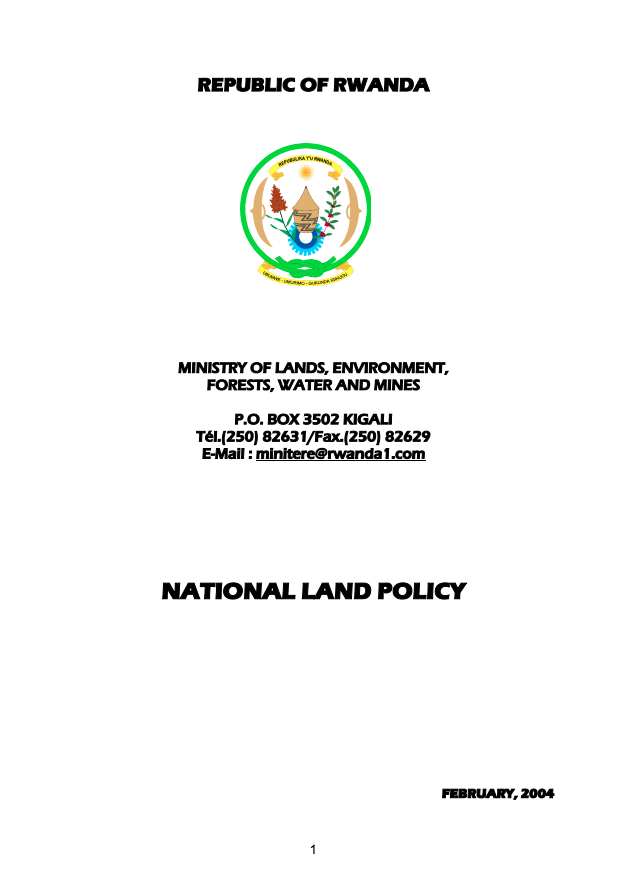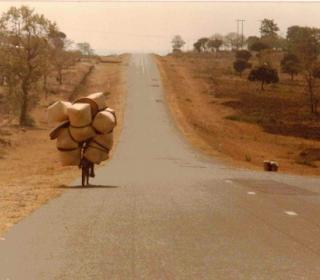Ley N° 2.139 - Declaración de interés público del uso sustentable del recurso suelo.
La presente Ley declara de interés público en todo el ámbito provincial el uso sustentable del recurso suelo y las acciones privadas y públicas destinadas al manejo de su recuperación, preservación y conservación; al control de su capacidad productiva; a la prevención de procesos de degradación y a la promoción de la educación para su uso racional. La Ley clasifica a las áreas de manejo, conservación y recuperación de los suelos según su carácter obligatorio, voluntario o experimental. En cuanto al marco institucional, el artículo 14 crea el Consejo Asesor de Suelos.







